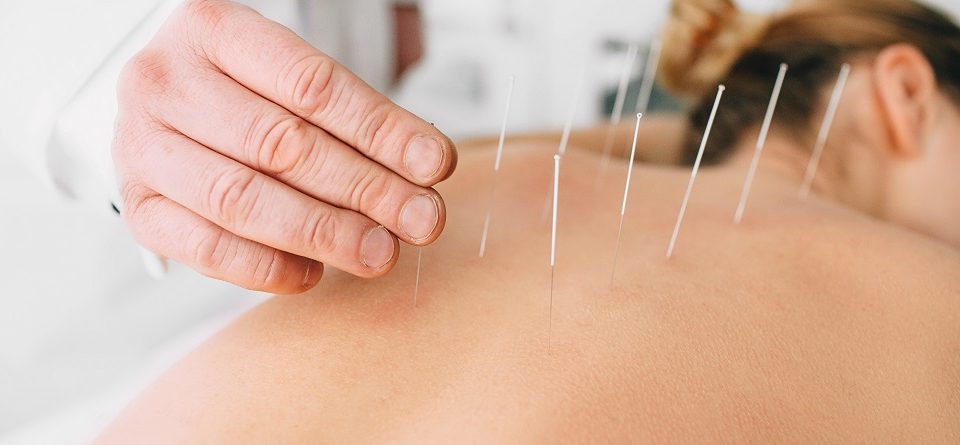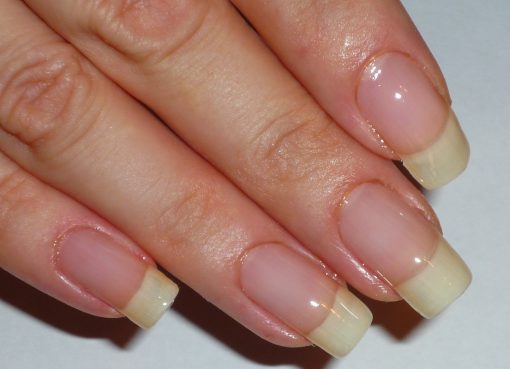Struggling to get a good night’s rest? You’re not alone. Millions of people worldwide battle insomnia, restless nights, or general sleep disturbances—sometimes with no clear solution in sight. If you’ve tried everything from lavender sprays to prescription sleep aids and still find yourself tossing and turning, it might be time to look in a different direction. One increasingly popular alternative therapy is acupuncture. But does it really help? Can a few needles strategically placed on your body actually lead to better sleep?
Let’s discuss what acupuncture is, how it may influence sleep, and most importantly, what the research says about its effectiveness.
What Is Acupuncture, Really?
Before diving into sleep science, it’s important to understand what acupuncture is. Originating in ancient China more than 2,000 years ago, acupuncture involves the insertion of very thin needles into specific points on the body. These points are believed to stimulate energy flow—also known as “Qi” (pronounced ‘chee’)—and restore balance within the body.
In modern medicine, acupuncture is often seen as a technique that activates nerves, muscles, and connective tissues. This stimulation is believed to increase blood flow and trigger the body’s natural painkillers. But beyond pain relief, acupuncture is now being studied for a wide range of issues—including anxiety, depression, digestion, and yes, sleep disorders.
So how does all this connect to the quality of your sleep?
The Connection Between Sleep and the Nervous System
If you’re not sleeping well, chances are your nervous system is out of whack. Stress, anxiety, and overactive brain activity are some of the most common culprits behind insomnia and poor-quality sleep.
Here’s where acupuncture enters the conversation.
Acupuncture is thought to influence the autonomic nervous system—specifically the parasympathetic branch, which promotes relaxation and recovery. When this part of your nervous system is activated, your heart rate slows, your muscles relax, and your mind begins to quiet down—setting the stage for restful sleep.
It’s also believed that acupuncture can help regulate the production of melatonin, a hormone that governs your sleep-wake cycle. But are these claims backed by science?
What Does the Research Say?
Let’s take a closer look at the evidence. Numerous studies have explored acupuncture’s effects on sleep, and while more large-scale research is needed, the findings so far are quite encouraging.
1. A 2013 Meta-Analysis on Insomnia
One of the most cited studies in this area is a 2013 meta-analysis published in the journal Sleep Medicine Reviews. Researchers analyzed data from 46 randomized controlled trials involving more than 3,800 participants. The results were impressive: acupuncture showed a significant improvement in sleep quality compared to both sham acupuncture and conventional treatments like medication.
The researchers concluded that acupuncture could be considered an effective treatment for insomnia, particularly when combined with other holistic therapies.
2. Melatonin Production and Acupuncture
Another intriguing study published in The Journal of Neuropsychiatry and Clinical Neurosciences found that acupuncture increased nighttime melatonin levels in patients who had difficulty sleeping. Participants reported falling asleep faster, waking less frequently during the night, and feeling more rested in the morning.
This connection to melatonin suggests that acupuncture may help reset the body’s natural circadian rhythm—a key factor for people whose sleep cycles have been disrupted by travel, shift work, or chronic stress.
3. Sleep Improvements in People with Chronic Pain
Let’s not forget that pain and sleep are closely intertwined. Chronic pain often leads to disrupted sleep, and lack of sleep can exacerbate pain. A 2017 study published in The Journal of Clinical Sleep Medicine examined acupuncture’s effects on people with lower back pain. Not only did patients report reduced pain, but they also experienced longer and more restful sleep.
Isn’t it fascinating how treating one issue with acupuncture can lead to benefits in another area like sleep?
Acupuncture vs. Medication: Which One’s Better?
This is a question many people wrestle with: Should I try acupuncture instead of relying on sleep aids?
Sleep medications can offer quick relief, but they often come with side effects like grogginess, dependency, and even memory problems over time. On the other hand, acupuncture is non-invasive, has few if any side effects, and can often lead to long-term improvements in sleep without the need for daily pills.
That said, acupuncture isn’t an overnight miracle. It typically requires multiple sessions to achieve noticeable results. Think of it more as a process of recalibrating your body’s internal systems, rather than flipping a switch.
What to Expect During a Sleep-Focused Acupuncture Session
If you’re considering giving acupuncture a try, you might be wondering what actually happens during a session.
A licensed acupuncturist will typically begin with a full assessment of your health history, lifestyle, and current symptoms. Based on this, they’ll select a combination of acupuncture points that are believed to influence sleep, stress levels, and emotional balance.
Common points for sleep issues include:
- Shenmen (Heart 7): Known as the “spirit gate,” this point helps calm the mind.
- Sanyinjiao (Spleen 6): Often used to relieve insomnia and anxiety.
- Anmian: Literally means “peaceful sleep” and is specifically targeted for insomnia.
- Yintang: Located between the eyebrows, this point soothes stress and headaches.
You’ll lie down comfortably while the practitioner inserts the needles, which are typically painless or cause only a mild tingling sensation. Many people report feeling deeply relaxed during and after the session—some even fall asleep right there on the table.
Who Can Benefit Most from Acupuncture for Sleep?
Let’s talk about whether acupuncture is right for you. While it can be helpful for a wide range of people, certain groups may benefit even more:
- Individuals with chronic insomnia that hasn’t responded to lifestyle changes or medication.
- People with anxiety or depression, where poor sleep is a symptom.
- Shift workers whose circadian rhythms are out of sync.
- Older adults often experience age-related sleep changes.
- People recovering from illness or trauma, where sleep disturbances are common.
If you fall into any of these categories, acupuncture could be worth exploring as part of a broader sleep strategy.
If you’re in the Redmond area and considering acupuncture, Aim4Health NW offers expert treatments for a variety of conditions, including sleep issues. Their acupuncturists are highly skilled and provide personalized care to address your specific sleep concerns, helping you get the restful sleep you deserve. For those seeking acupuncture in Redmond, WA, Aim4Health NW stands out as a trusted choice for a holistic approach to wellness.
How Many Sessions Will You Need?
That depends on the severity and root cause of your sleep issues. Some people notice improvements after just a couple of sessions, while others may need ongoing treatment over several weeks. A typical course might involve one to two sessions per week for the first month, followed by maintenance visits.
Your acupuncturist will guide you based on your progress, and the frequency may decrease over time as your sleep normalizes.
What Are the Risks or Downsides?
Let’s be honest—no treatment is without its potential drawbacks. Although acupuncture is considered very safe when performed by a licensed professional, there are a few things to keep in mind:
- Minor bruising or soreness can occur at the needle site.
- Some people may feel lightheaded after a session, especially if they haven’t eaten beforehand.
- It’s important to ensure your acupuncturist uses sterile, single-use needles to avoid infections.
As always, consult with your healthcare provider before starting any new treatment, especially if you’re pregnant, have a bleeding disorder, or are taking blood thinners.
Other Lifestyle Tips to Combine with Acupuncture
Acupuncture works best when paired with healthy habits. If you’re serious about improving your sleep, consider these supportive strategies:
- Stick to a sleep schedule: Go to bed and wake up at the same time every day—even on weekends.
- Create a bedtime routine: Gentle yoga, reading, or taking a warm bath can prepare your body for rest.
- Limit screen time before bed: Blue light from phones and TVs can interfere with melatonin production.
- Cut back on caffeine and alcohol, especially in the evening.
- Try herbal teas or supplements like chamomile, magnesium, or valerian root—with your doctor’s approval, of course.
When used together with acupuncture, these changes can significantly boost your chances of achieving consistent, high-quality sleep.
Final Thoughts: Is Acupuncture the Sleep Solution You’ve Been Looking For?
So, can acupuncture improve your sleep? The answer seems to be a solid yes—for many people. While it’s not a magic bullet, it offers a natural, low-risk approach that addresses the root causes of poor sleep rather than just masking symptoms.
If you’ve exhausted other options or simply want to try a more holistic route, acupuncture might just be the gentle nudge your body needs to reclaim restful nights.
Are you ready to give your body a chance to reset and truly rest? Maybe it’s time to roll up your sleeves—and roll onto that acupuncture table.




